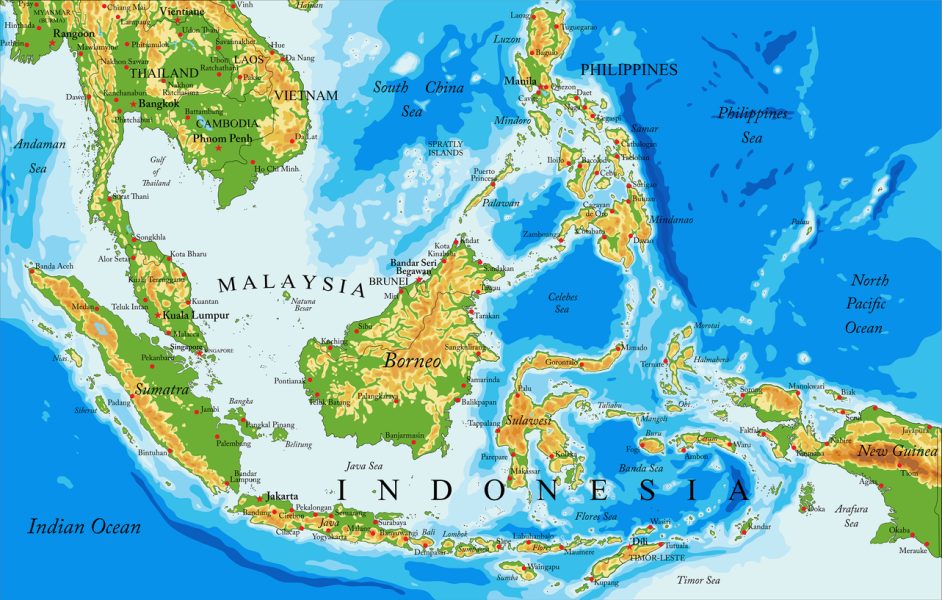
Why is Indonesia moving its capital from Jakarta to Borneo?
Jakarta is congested, polluted, prone to earthquakes and rapidly sinking into the Java Sea, say experts

Indonesia is in the process of moving its capital from Jakarta to the island of Borneo. While Jakarta is indeed congested, polluted, prone to earthquakes and rapidly sinking into the Java Sea, the move has caused concern to greens.
Indonesian officials say the new metropolis will be a sustainable forest city that puts the environment at the heart of the development and aims to be carbon-neutral by 2045.
But environmentalists warn that the new capital will cause massive deforestation, threaten the habitat of endangered species such as orangutans and imperil the homes of Indigenous communities.
Borneo tour
While access to the new capital’s site is usually limited, The Associated Press was allowed to tour parts of the site to view construction progress in early March.
It said in a report Jakarta is home to about 10 million people and three times that number in the greater metropolitan area. It has been described as the world’s most rapidly sinking city. At the current rate, it is estimated that one-third of the city could be submerged by 2050.
The main cause is uncontrolled ground water extraction, but it has been exacerbated by the rising Java Sea due to climate change, said an AP report. Its air and groundwater are heavily polluted, it floods regularly and its streets are so clogged that its estimated congestion costs the economy $4.5 billion a year.
President speaks
President Joko Widodo envisions the construction of a new capital as a nostrum for the problems plaguing Jakarta, reducing its population while allowing the country to start fresh with a sustainable city.
Widodo’s plan to establish the city of Nusantara, an old Javanese term meaning archipelago, will entail constructing government buildings and housing from scratch, says the AP report.
Initial estimates were that over 1.5 million civil servants would be relocated to the city, some 2,000 km northeast of Jakarta, though ministries and government agencies are still working to finalise that number.
Bambang Susantono, head of the Nusantara National Capital Authority, said the new capital city will apply the forest city concept, with 65 per cent of the area being reforested.
The city is expected to be inaugurated on August 17 next year to coincide with Indonesia’s Independence Day.
Expect delays
New capital authorities said the final stages of the city, however, likely won’t be completed until 2045, marking the nation’s hundredth anniversary.
Sceptics worry, however, about the environmental impact of building a sprawling 256,000-hectare city down in Borneos East Kalimantan province, which is home to orangutans, leopards and a wide array of other wildlife.
Forest Watch Indonesia, an Indonesian NGO that monitors forestry issues, warned in a November 2022 report that most of the forested areas in the new capital are production forests, meaning permits could be granted for forestry and extractive activities that would lead to further deforestation.
Until now there has been no certainty regarding the protection status of the remaining natural forests in the new capital city area, the report said.
Relocation
At least five villages with more than 100 Indigenous Balik people are relocating because of the construction, with more villages expected to be uprooted as the building site expands.
The government said the new capital has received support from local community leaders, and has provided compensation to people whose land is being used for the city.
(With agency inputs)


